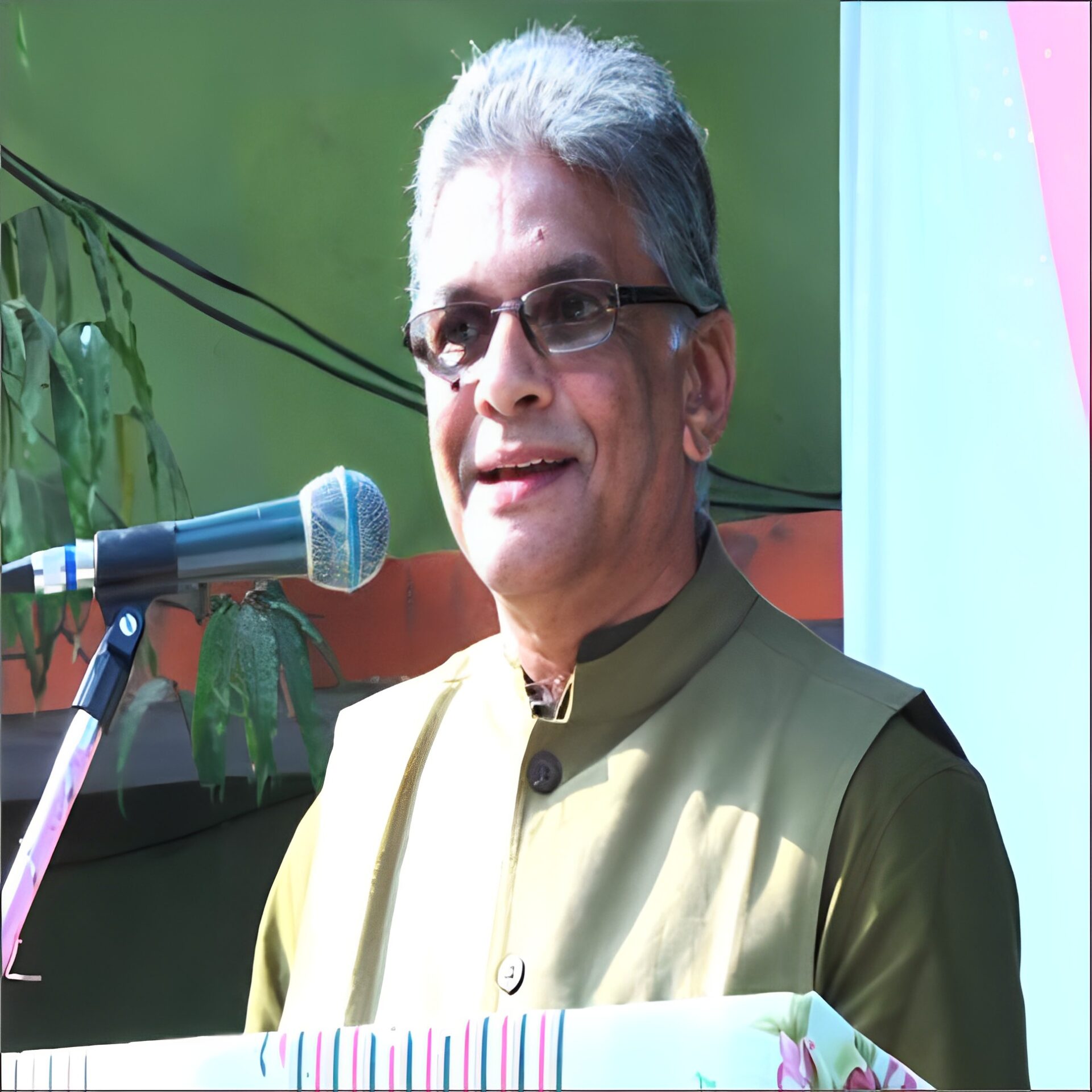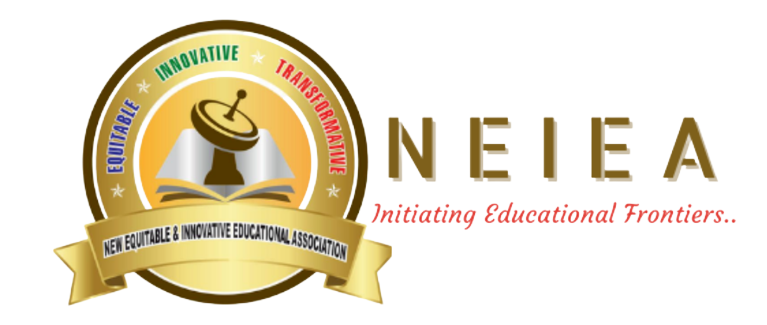
FACILITATING DISCOURSE CONSTRUCTION IN SECOND LANGUAGE
Dr.K.N, Anandan
“I feel sad and even annoyed when I hear teachers and parents complaining about the poor performance standards of students in English. ‘This is unfair,’ I would say to myself. ‘Have we ever asked those kids to communicate their ideas? ‘No. All what we have done is teach them bits and fragments of English in terms of discrete sounds, words and sentences”.
Inspired from his approach, we encourage students to use English in real life situations by engaging them in conversations and guiding them express their ideas in writing, our motive being able to move beyond rote memorization.

INTRODUCTION TO DOP
In the ever-evolving landscape of education, NEIEA has taken a progressive step by incorporating discourse-oriented pedagogy into the syllabus of secondary examinations offered by NIOS. Discourse-oriented pedagogy emphasizes interactive and collaborative learning through meaningful discussions, debates, and exchanges of ideas. Across subjects like English, mathematics, social science, and science, NEIEA encourages teachers to design activities that foster critical thinking, problem-solving, and effective communication among students.
To achieve this, trigger activities with visuals are used to stimulate learners’ thinking process, comprehension is enhanced through pictures and videos, and brainstorming sessions promote collaborative learning. This approach creates an interactive environment where students actively engage with peers, instructors, and participate in discussions.
The integration of discourse-oriented pedagogy has numerous benefits on students’ learning outcomes. It enhances their communication skills, enabling them to express ideas coherently and effectively. The collaborative learning environment nurtures teamwork, empathy, and respect for diverse viewpoints. Moreover, students develop critical thinking abilities, analyzing information, questioning assumptions, and forming well-reasoned opinions. Ultimately, this approach empowers students to think independently, make informed decisions, and become active contributors to society.
Case Studies
TMRIES PROJECT IN HYDERABAD
Operating various residential schools and colleges in Hyderabad, TMRIES offers a conducive environment for students’ academic and overall development, especially those from economically disadvantaged backgrounds. TMRIES prepares students for higher education and future careers. Supported and funded by the Telangana state government, TMRIES focuses on catering to students from diverse minority communities and aims to bridge educational disparities while promoting social inclusion.
PROJECT SHAHEEN
Shaheen Group of Institutions, founded by Abdul Qadeer in Bidar, Karnataka, is a renowned minority educational conglomerate with schools, PU colleges, and graduation colleges spread across 13 states in India. The project focuses on academic excellence but also offers coaching for competitive exams like NEET, JEE Mains, JEE Advanced, UPSC, and more. The project has achieved impressive success where students have been gaining admissions to esteemed medical colleges, including AIIMS Delhi.

